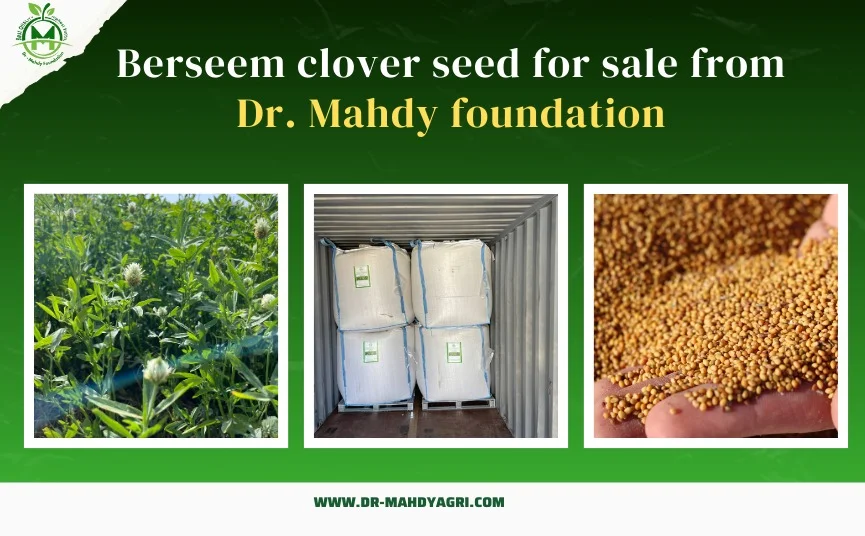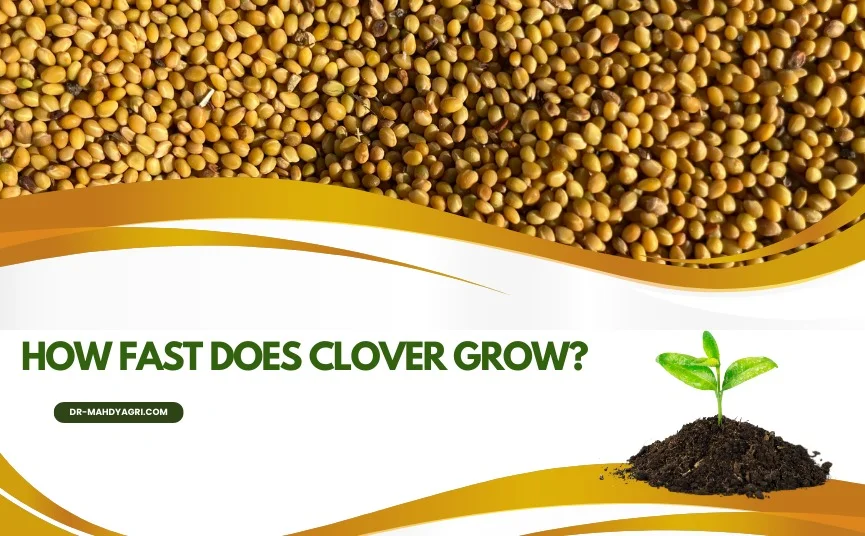

Bird enthusiasts understand the importance of providing high-quality feed to their feathered friends. However, storing bird feed properly is often overlooked, leading to potential issues such as spoilage, loss of nutritional value, and pest infestations.
Introduction
The first step to ensuring your bird feed serves its purpose is understanding why proper storage matters. Quality bird feed not only attracts a variety of beautiful birds but also supports their health and vitality. In this guide, we'll delve into the intricacies of storing bird feed to maintain its freshness and nutritional benefits.
Selecting the Right Storage Container
Choosing the right storage container is crucial in preserving the quality of bird feed. Factors such as material, size, and design play a significant role. Airtight containers made of durable materials are ideal, preventing moisture and pests from compromising the feed.
Ideal Storage Conditions
Bird feed is susceptible to environmental factors like temperature and humidity. Creating a controlled storage environment is key to preventing mold growth and maintaining the nutritional value of the feed. Keep the storage area cool and dry to ensure the longevity of the bird feed.
Keeping Pests at Bay
Pests can quickly become a nuisance and compromise the freshness of bird feed. Implementing effective prevention measures, such as using sealed containers and placing traps in the vicinity, can safeguard your investment and keep unwanted visitors at bay.
Rotation and Shelf Life Awareness
Regularly rotating bird feed ensures that older batches are used first, reducing the risk of spoilage. Understanding the shelf life of different types of feed helps you plan and purchase quantities that align with your bird-feeding routine.
Importance of Cleanliness
Maintaining cleanliness in your storage area is essential. Regularly clean and sterilize storage bins to prevent the growth of harmful bacteria and mold. A clean environment contributes to the overall health and well-being of the birds.
Monitoring Feed Quality
Being vigilant about the quality of the bird feed is paramount. Keep an eye out for signs of spoilage, such as off odors, discoloration, or unusual textures. Dispose of any feed that appears compromised to ensure your birds receive the best nutrition.
Understanding Bird Preferences
Different bird species have unique dietary requirements. Tailoring your storage methods to the preferences of the birds in your area ensures that they receive the appropriate nutrients, fostering a thriving bird population.
DIY Storage Solutions
For those on a budget or looking for creative alternatives, there are various do-it-yourself storage solutions. From repurposed containers to innovative designs, these options can be both practical and environmentally friendly.
Seasonal Adjustments
Adapting your storage practices to seasonal changes is crucial. Extreme temperatures and weather conditions can impact the quality of bird feed. Make adjustments to protect the feed during hot summers or freezing winters.
Common Mistakes to Avoid
Avoiding common pitfalls in bird feed storage is essential for maintaining its quality. From using inappropriate containers to neglecting regular cleaning, being aware of potential mistakes can save you from unintended consequences.
Sustainability in Bird Keeping
Explore eco-friendly storage options to align your bird-keeping hobby with sustainable practices. From biodegradable containers to supporting local and ethical bird feed producers, there are numerous ways to contribute to environmental conservation.
Expert Insights: Q&A with Avian Nutritionists
Gain valuable insights from professionals in the field of avian nutrition. In this section, we'll address common questions and concerns, providing expert advice on optimizing your bird feed storage practices.
Personal Experiences
Real stories from fellow bird enthusiasts add a personal touch to this guide. Learn from the experiences of others, including challenges faced and successful strategies implemented in their bird feed storage routines.
Conclusion
In conclusion, proper storage is a fundamental aspect of responsible bird keeping. By implementing the tips and strategies outlined in this guide, you can ensure that your feathered friends receive the best possible nutrition while enjoying a vibrant and diverse bird population in your area.
FAQs
How often should I clean my bird feed storage containers? Regular cleaning is recommended every two weeks to prevent bacterial growth and maintain a hygienic environment for the bird feed.
Can I mix different types of bird feed in the same container? While it's possible, it's advisable to store different types separately to cater to the specific dietary needs of various bird species.
What are the signs of spoiled bird feed? Look out for unusual odors, discoloration, or changes in texture, as these can indicate spoilage.
Is it necessary to adjust bird feed



